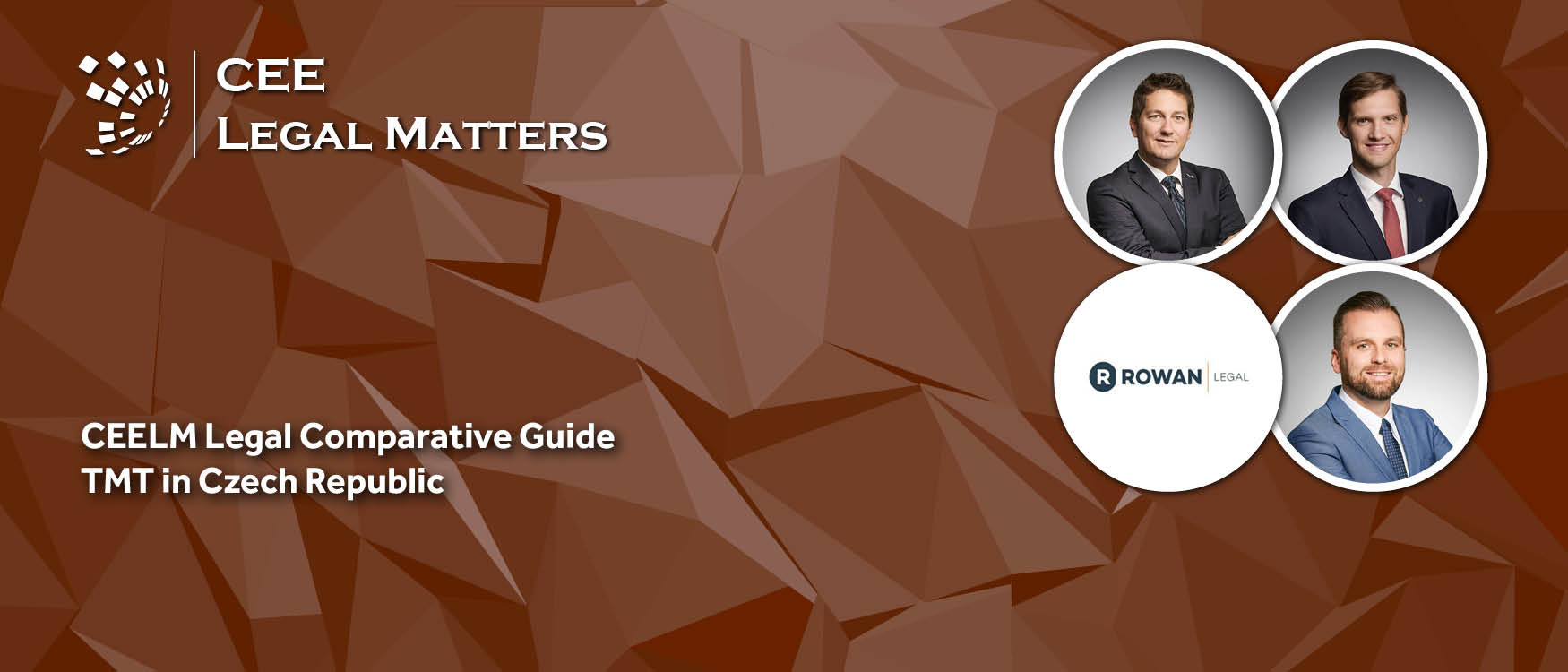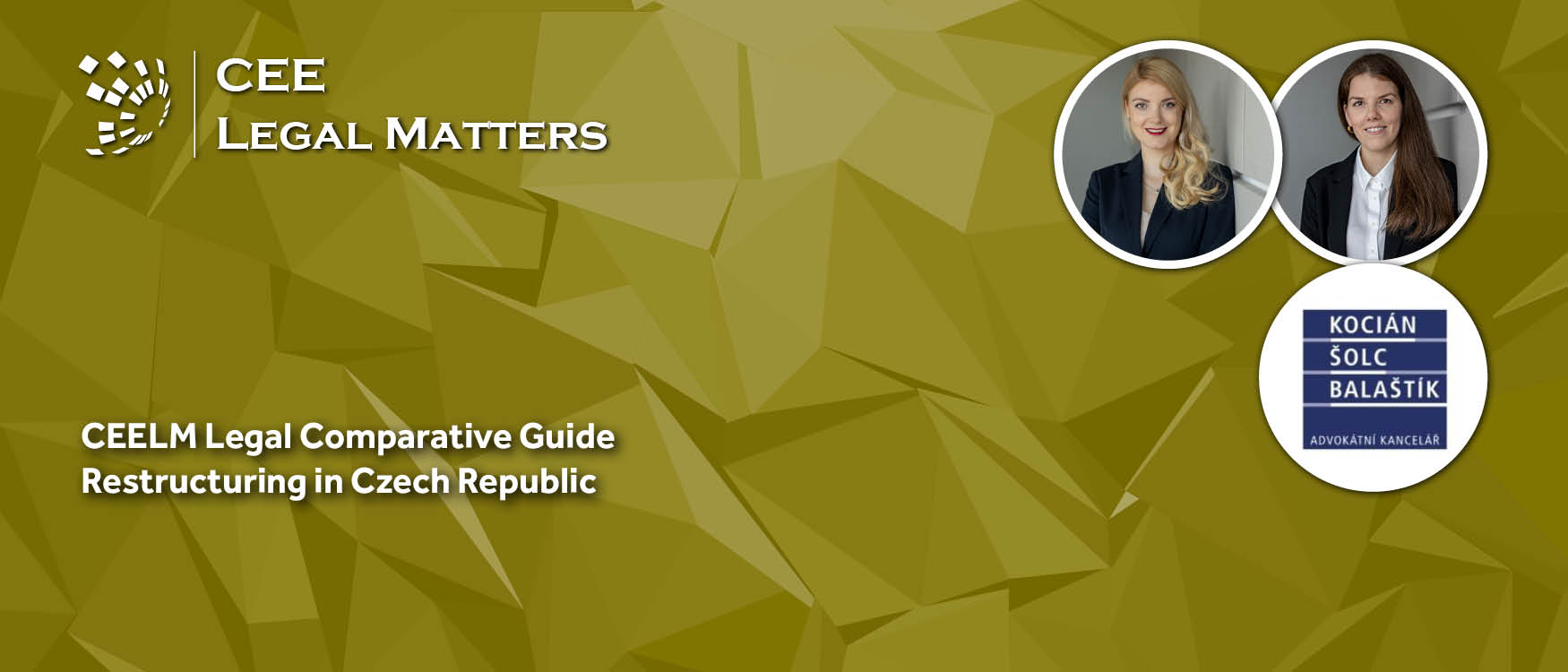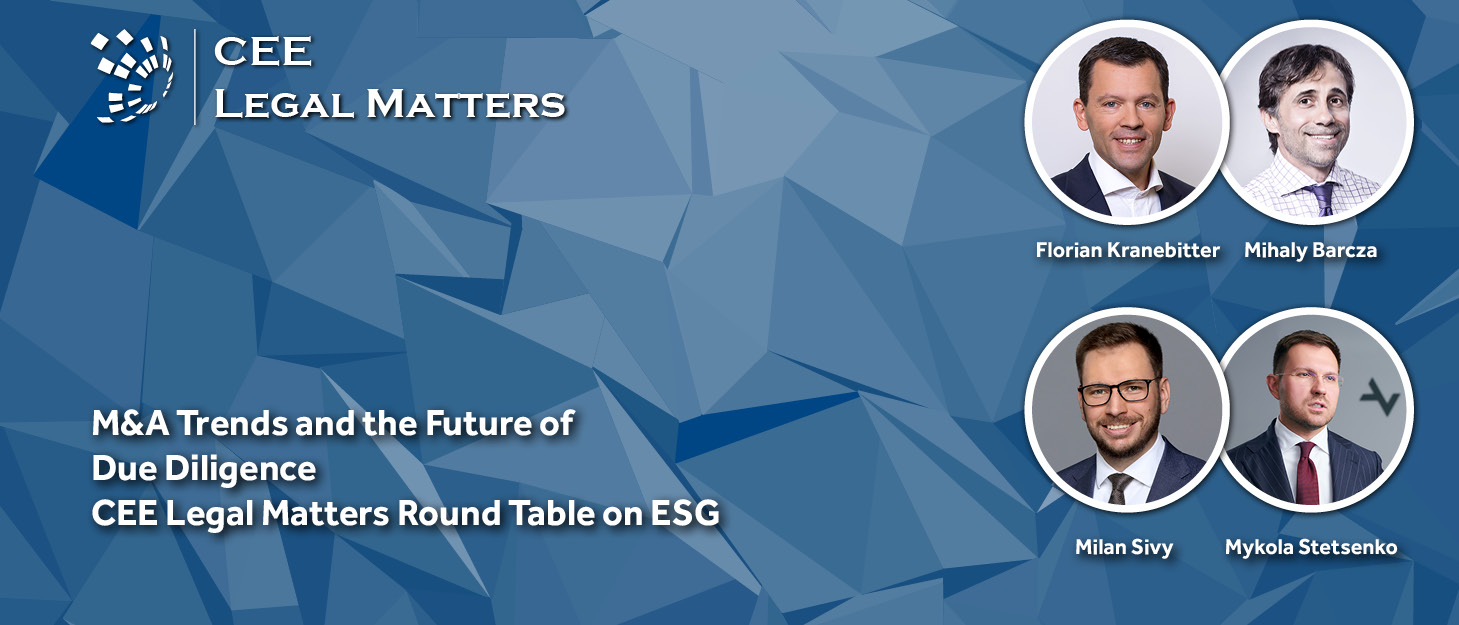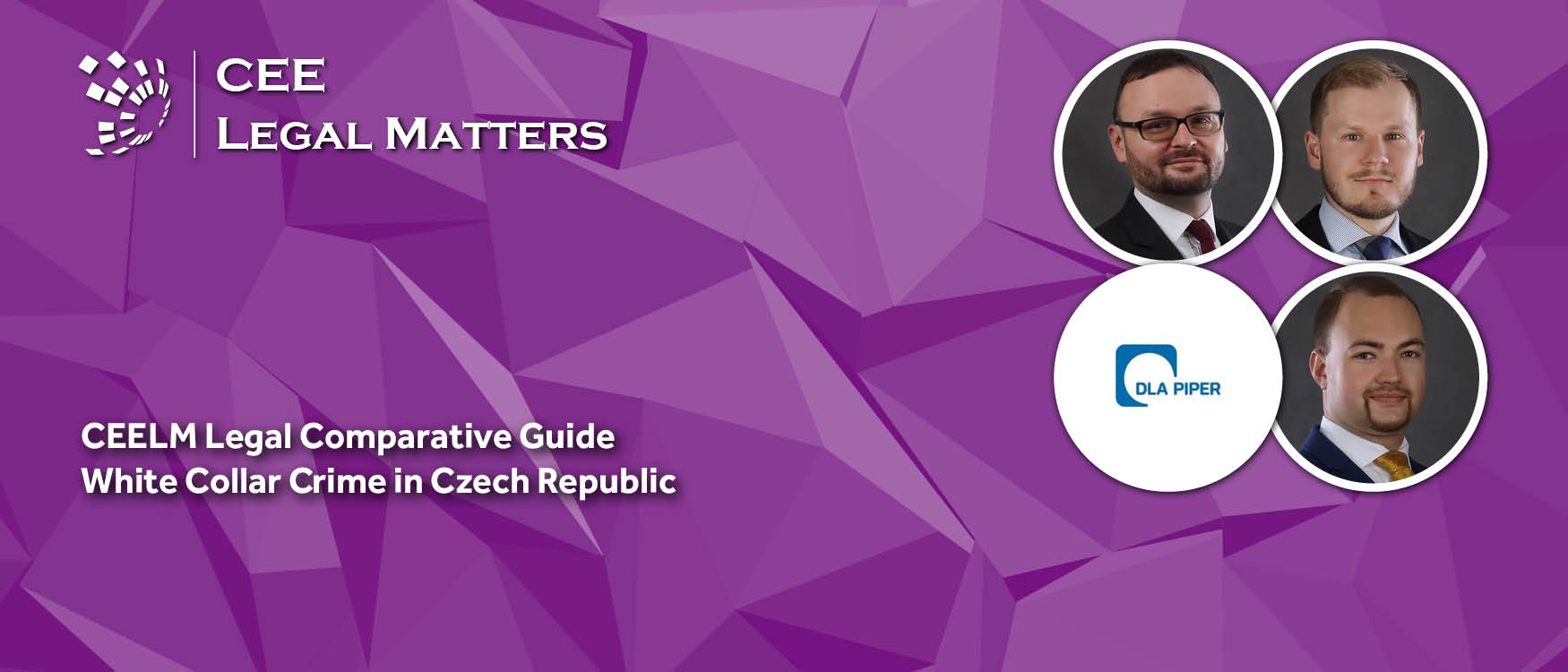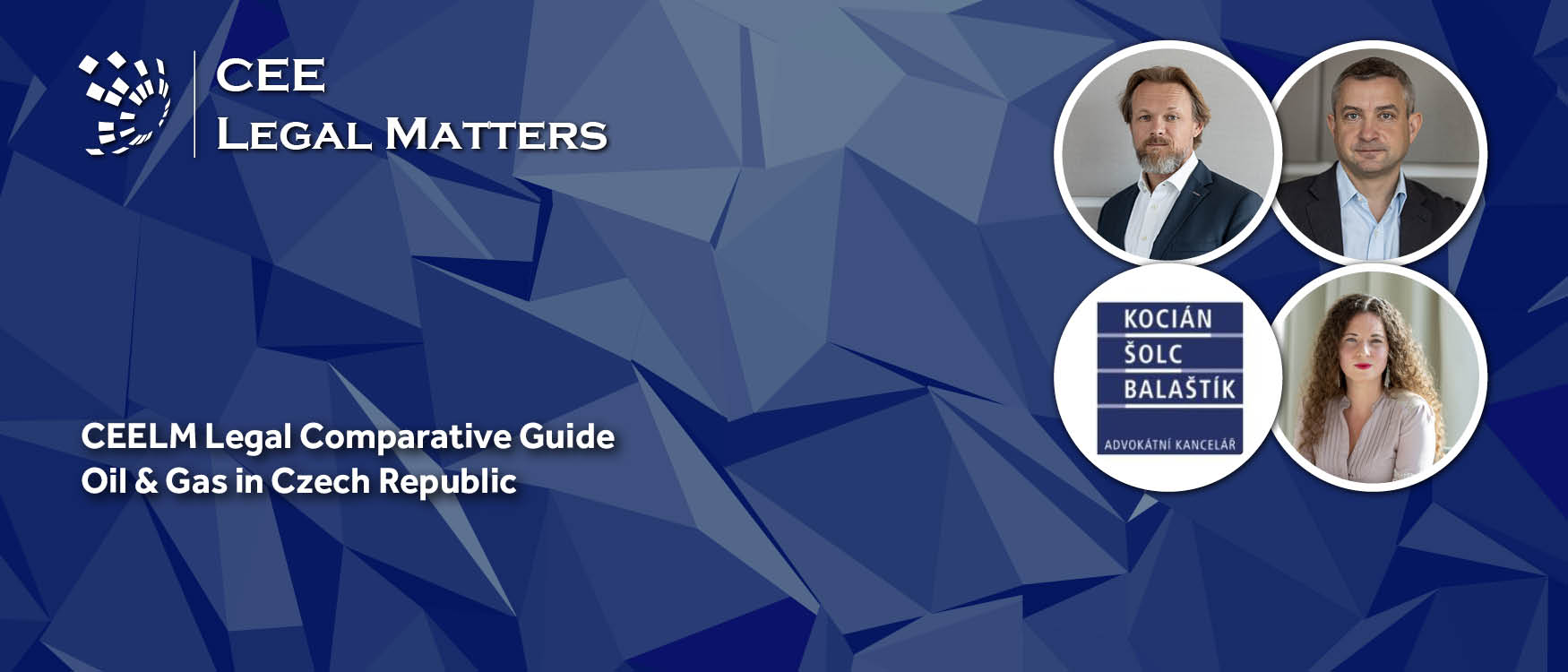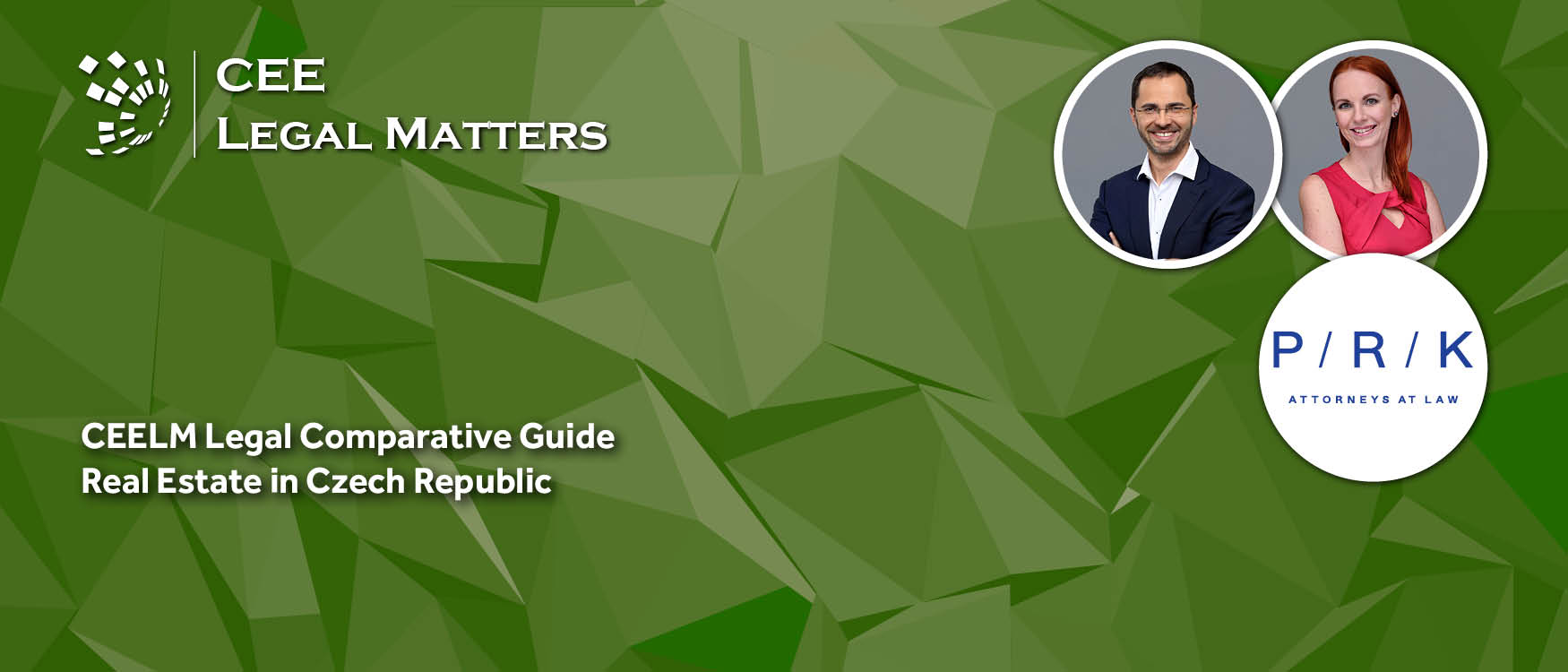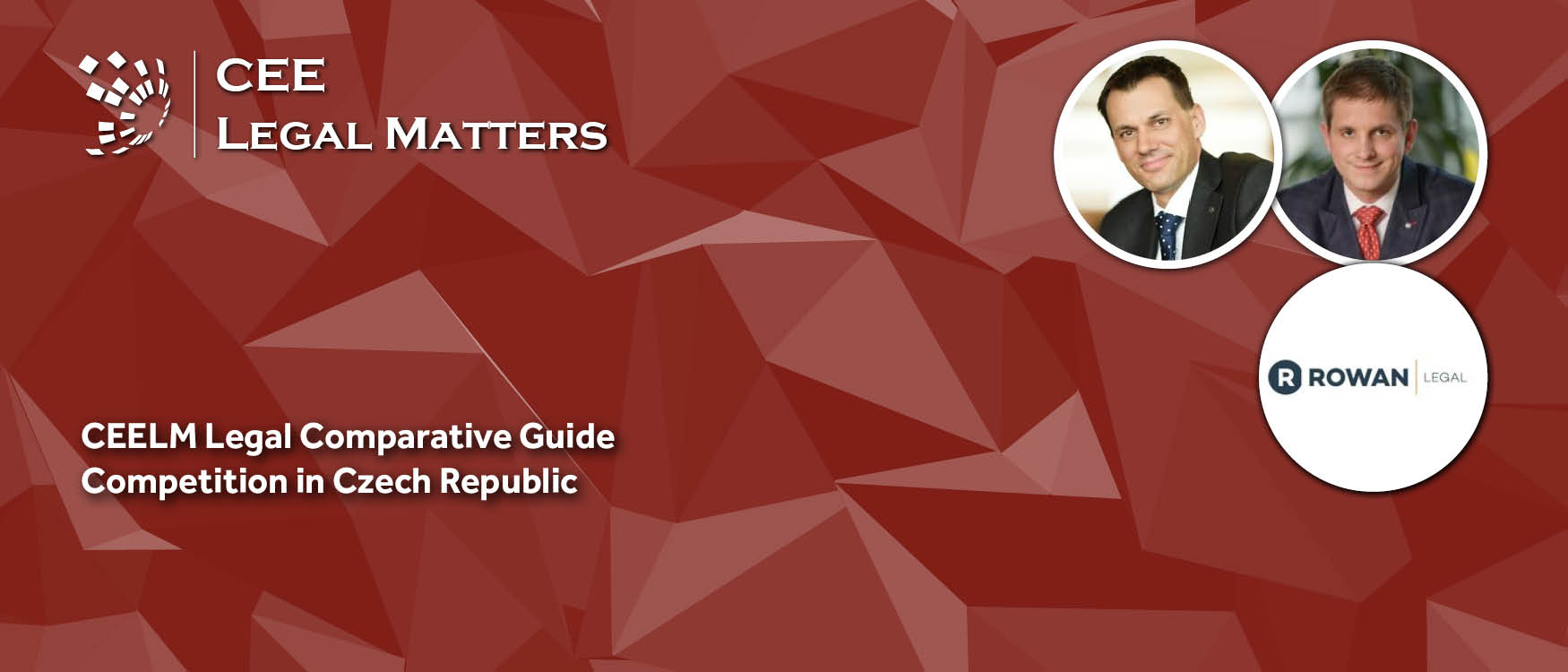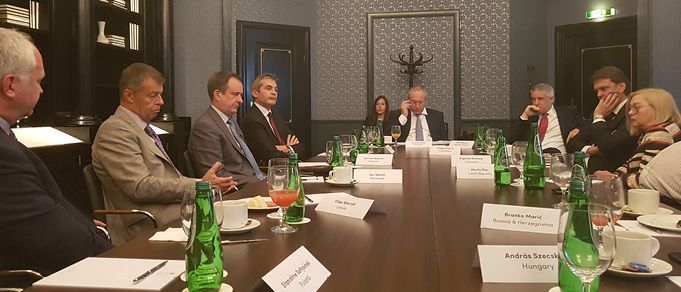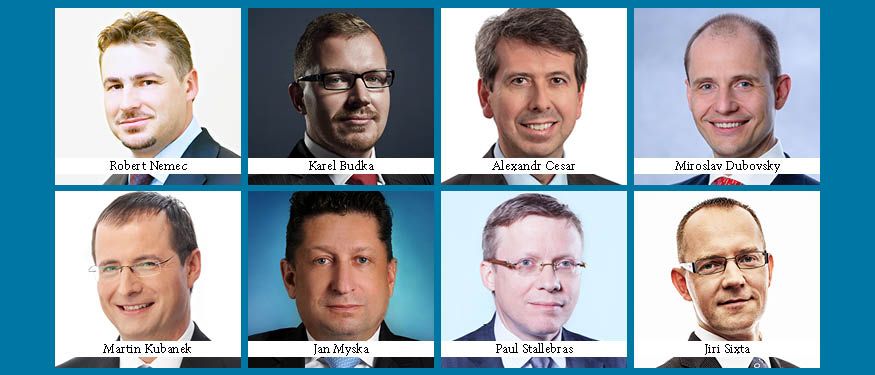Contributed by Rowan Legal.
Deal 5: Kofola CFO Martin Pisklak on the Group's Refinancing
On July 13, 2022, CEE Legal Matters reported that Onisko & Holesova, Planinic Soljic & Partners, and solo practitioner Klemen Ticar advised Kofola on its refinancing. CEE In-House Matters spoke with Martin Pisklak, Group Chief Financial Officer at Kofola CeskoSlovensko, to learn more about the matter.
Deal 5: Komercni Banka Transaction Manager Robert Klan on EUR 137.5 Million Loan to Accolade
On March 1, 2022, CEE Legal Matters reported that KWKR Konieczny Wierzbicki had advised Knacks's owners on their sale of a majority stake in the company to RightBridge Ventures. CEE In-House Matters spoke with Dawid Szymanski, CEO at Knacks, to learn more about the sale.
ESG Talks: M&A Trends and the Future of Due Diligence – A CEE Legal Matters Round Table
On July 7, four leading lawyers from Austria, the Czech Republic, Hungary, and Ukraine sat down for a virtual round table moderated by CEE Legal Matters Managing Editor Radu Cotarcea to discuss the increasing prominence of ESG issues and their impact on M&A transactions, due diligence procedures, and the role of the lawyers themselves.
White Collar Crime Laws and Regulations in Czech Republic
Contributed by DLA Piper.
Oil & Gas Laws and Regulations in Czech Republic
Contributed by Kocian Solc Balastik.
Real Estate Laws and Regulations in Czech Republic
Contributed by PRK Partners.
Competition and Competition Litigation Laws and Regulations in Czech Republic
Contributed by Rowan Legal.
An Unusual Year in Review: Our Annual Expert Round Table
On December 15, 2020 CEELM gathered legal experts from across the region for its annual Year-in-Review Round Table conversation. In a wide-ranging discussion, participants shared opinions and perspectives on their markets, on strong (and less-strong) practices across the region, and the effect of the COVID-19 crisis on both, as well as on how technology is changing the legal industry, and what the industry will look like in 2021.
Capital Markets in Czechia
Contributed by BBH.
CEELM Covid-19 Comparative Legal Guide: Contracts in Czechia
Contributed by Rowan Legal
Serving the Start-Ups: A Czech and Slovak Round Table
Start-Ups represent a unique subset of clients for major law firms, as they are often unable to pay the fees those firms generally require, but – particularly in the tech sector – hold out the potential of significant profitability down the road. Intrigued by the unique challenges and opportunities for law firms offering their services to these cash-poor but potential-high clients, we invited partners from four prominent law firms in the Czech Republic and Slovakia to share their strategies and experiences with Start-ups with us in the offices of Kocian Solc Balastik in Prague. KSB Partner Christian Blatchford moderated the conversation.
Market Makers
The commercial legal markets of Central & Eastern Europe didn’t appear automatically. They didn’t develop in a vacuum. They were formed, shaped, and led, by lawyers – visionary, hard-working, commercially-minded, and client-focused individuals pulling the development of CEE’s legal markets along behind them as they labored relentlessly for their clients, their careers, their futures.
The Lawyer’s Life: Despite the Stability of the Czech Republic’s Legal Market, Czech Managing Partners are Unsure
On Thursday, November 4, a select cross-section of Managing and other Senior Partners at a number of leading law firms in the Czech Republic together with one General Counsel gathered at PRK Partners’ offices in Prague for a Round Table conversation on the state of the Czech market.

